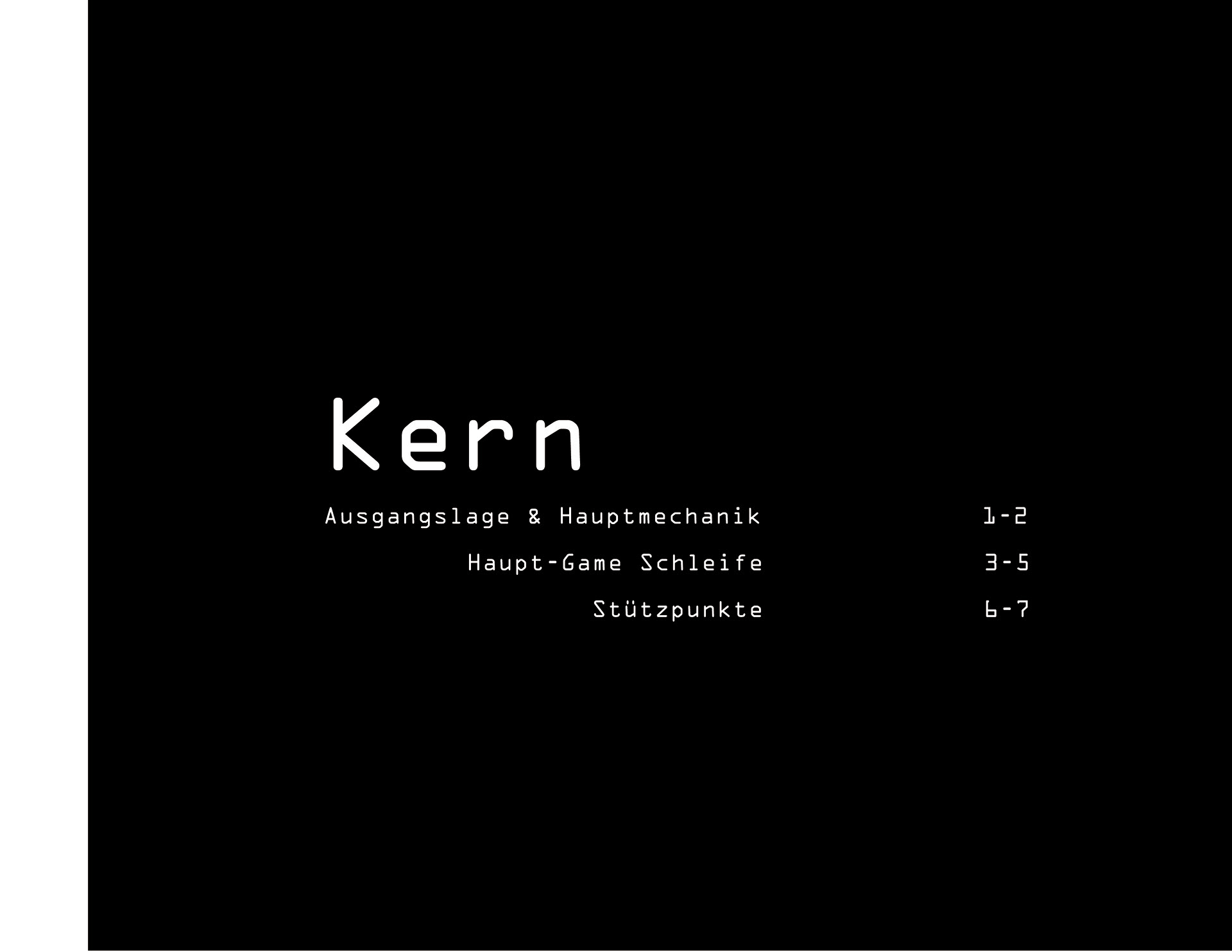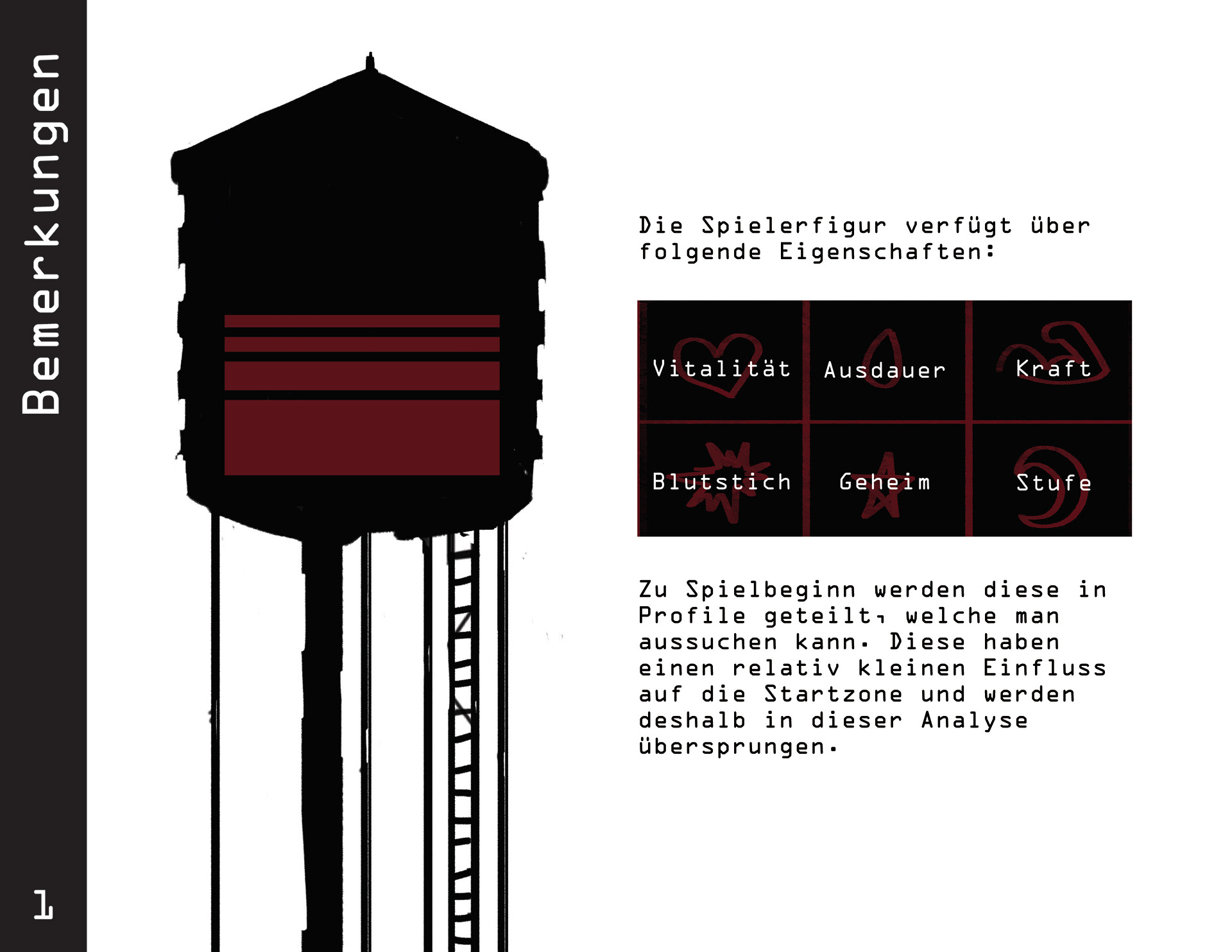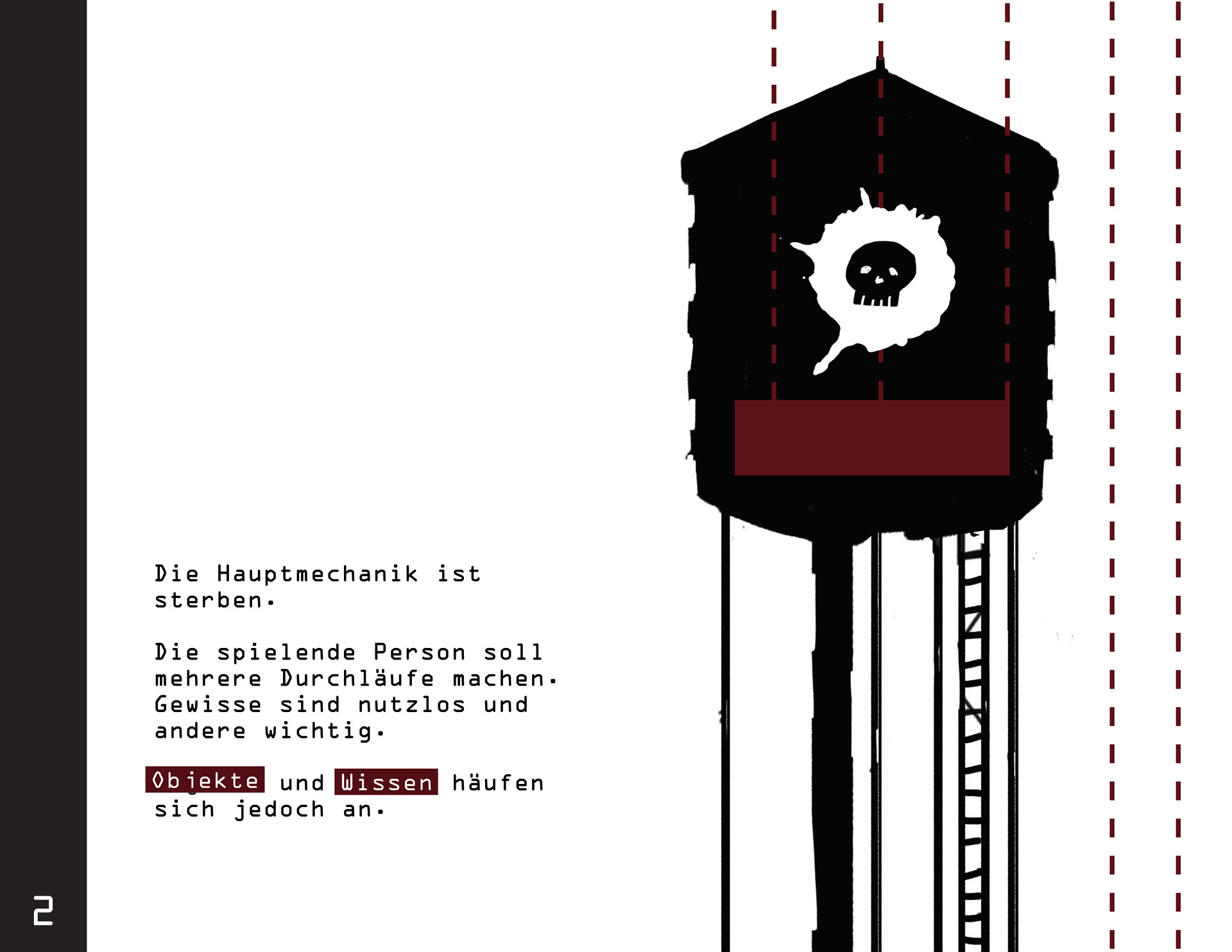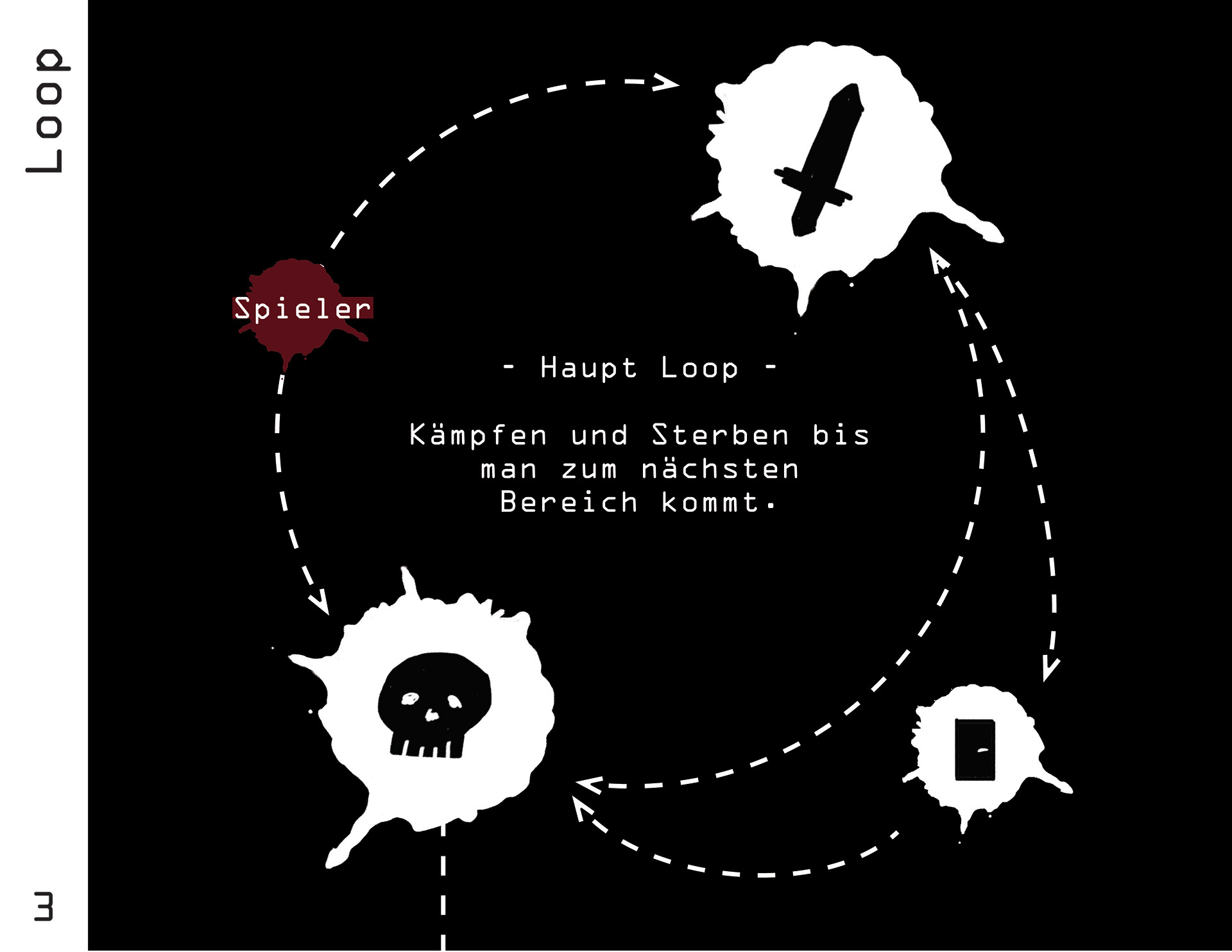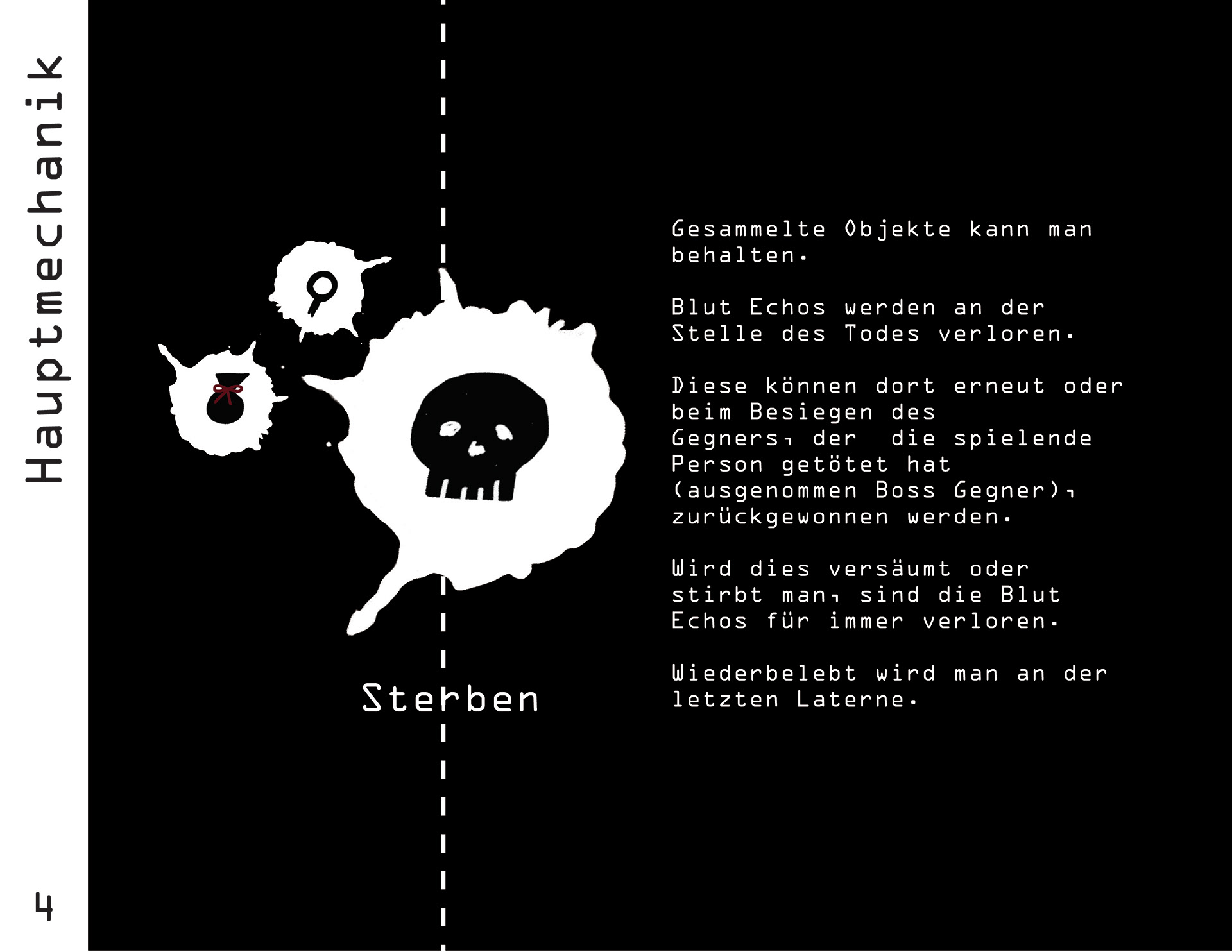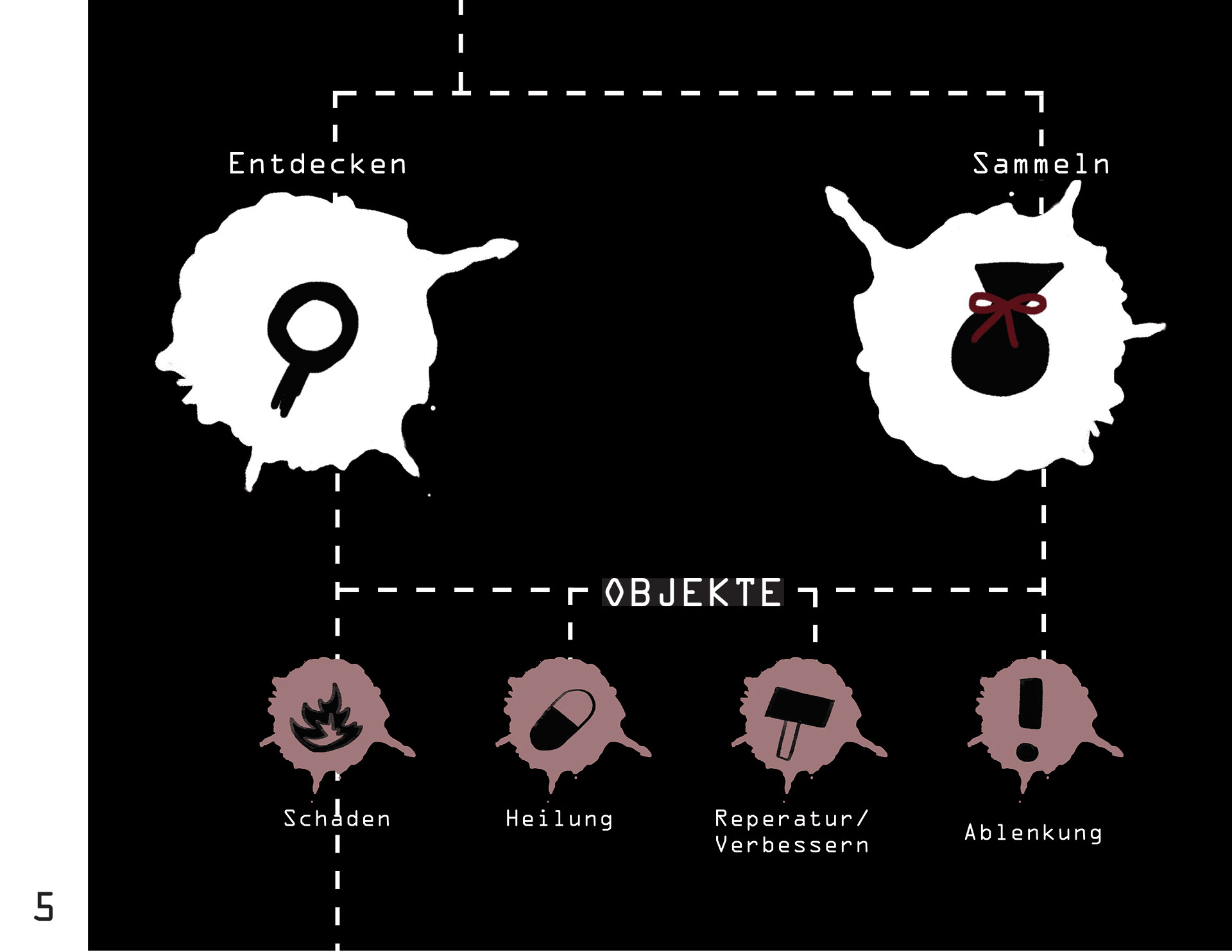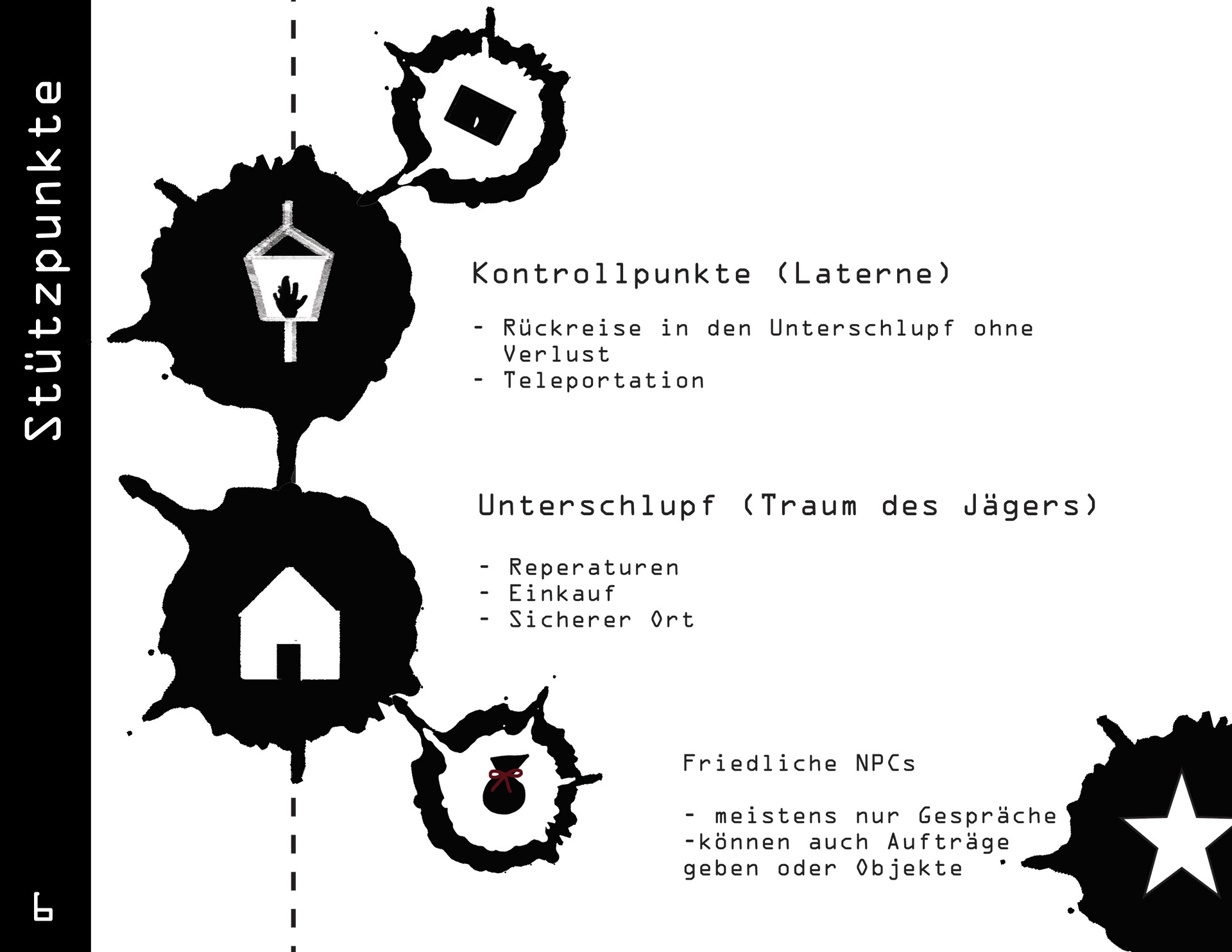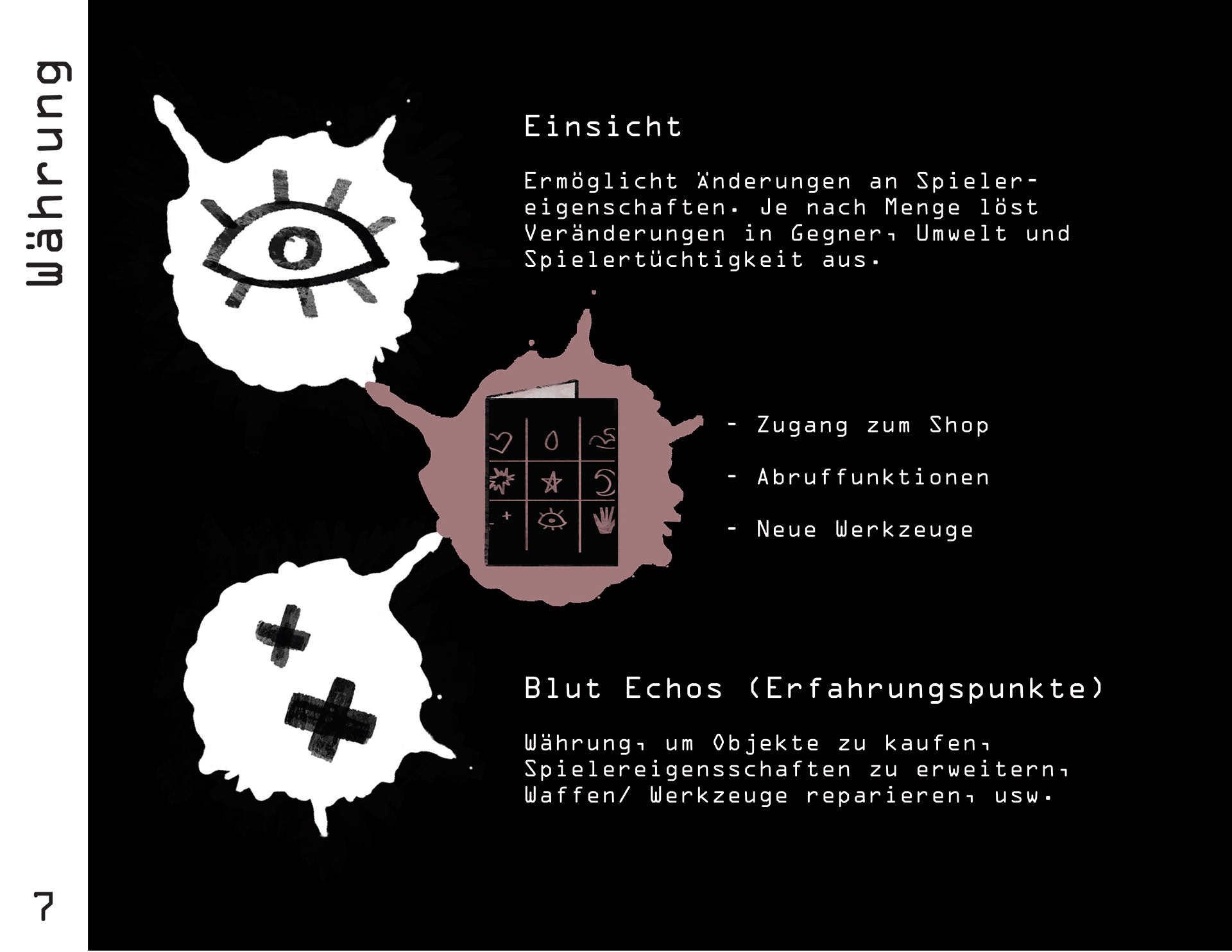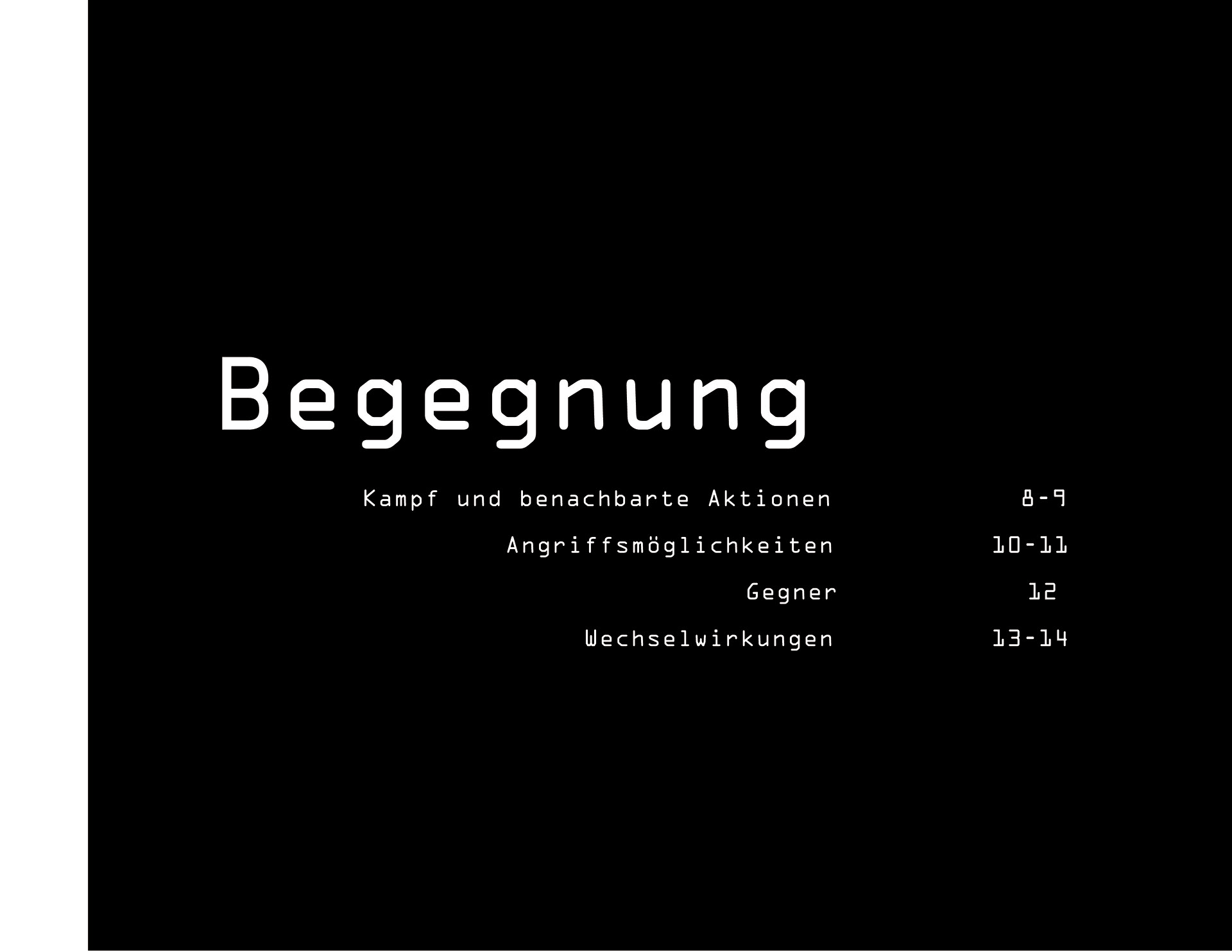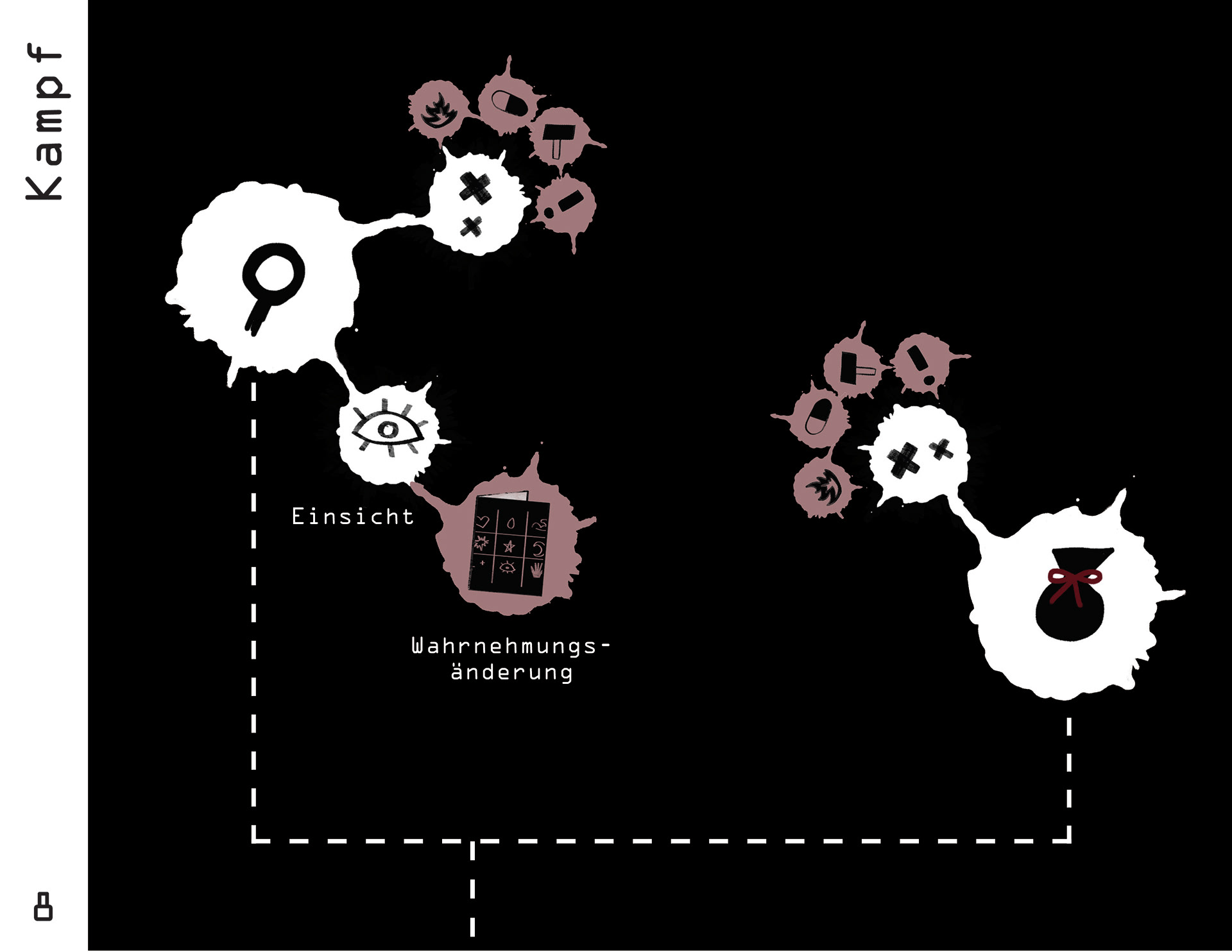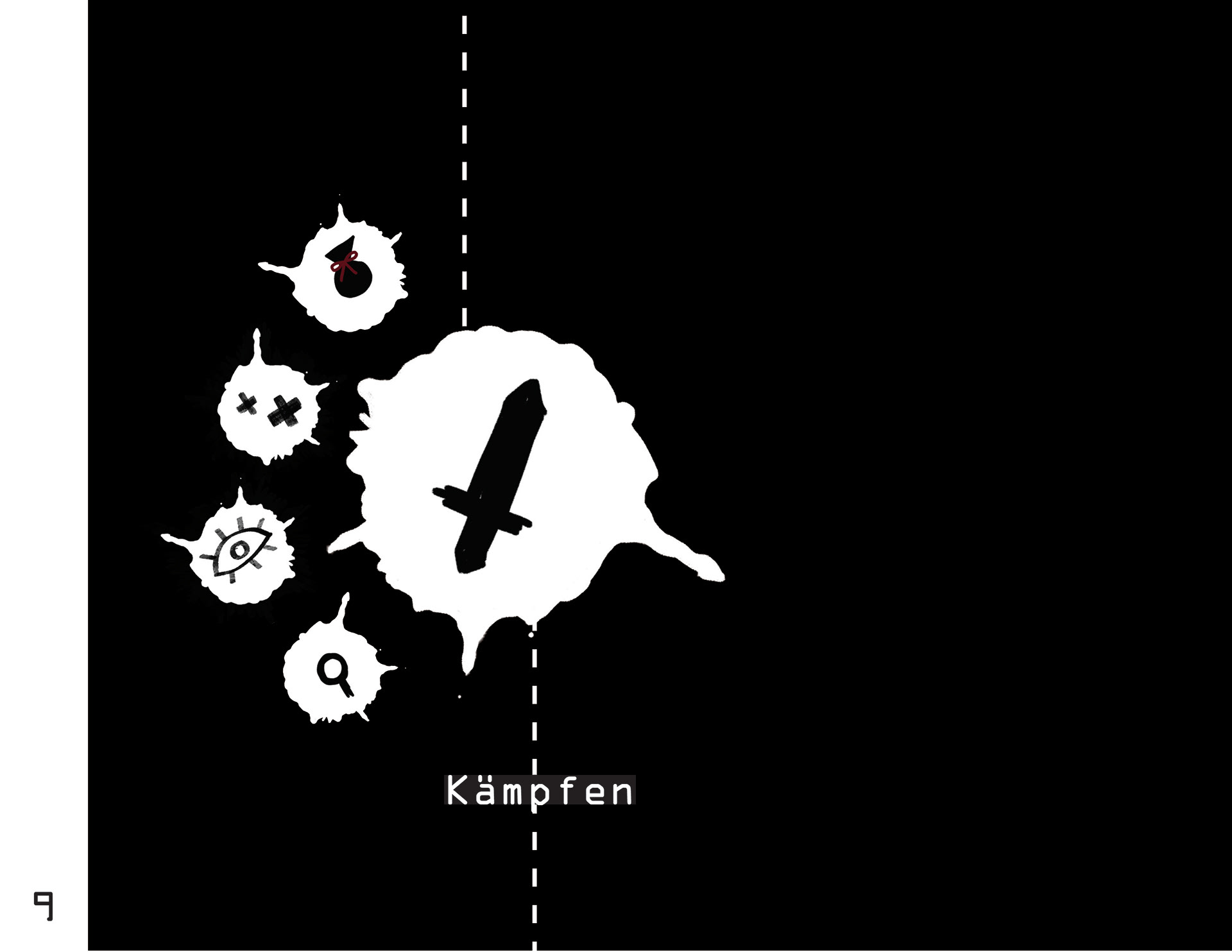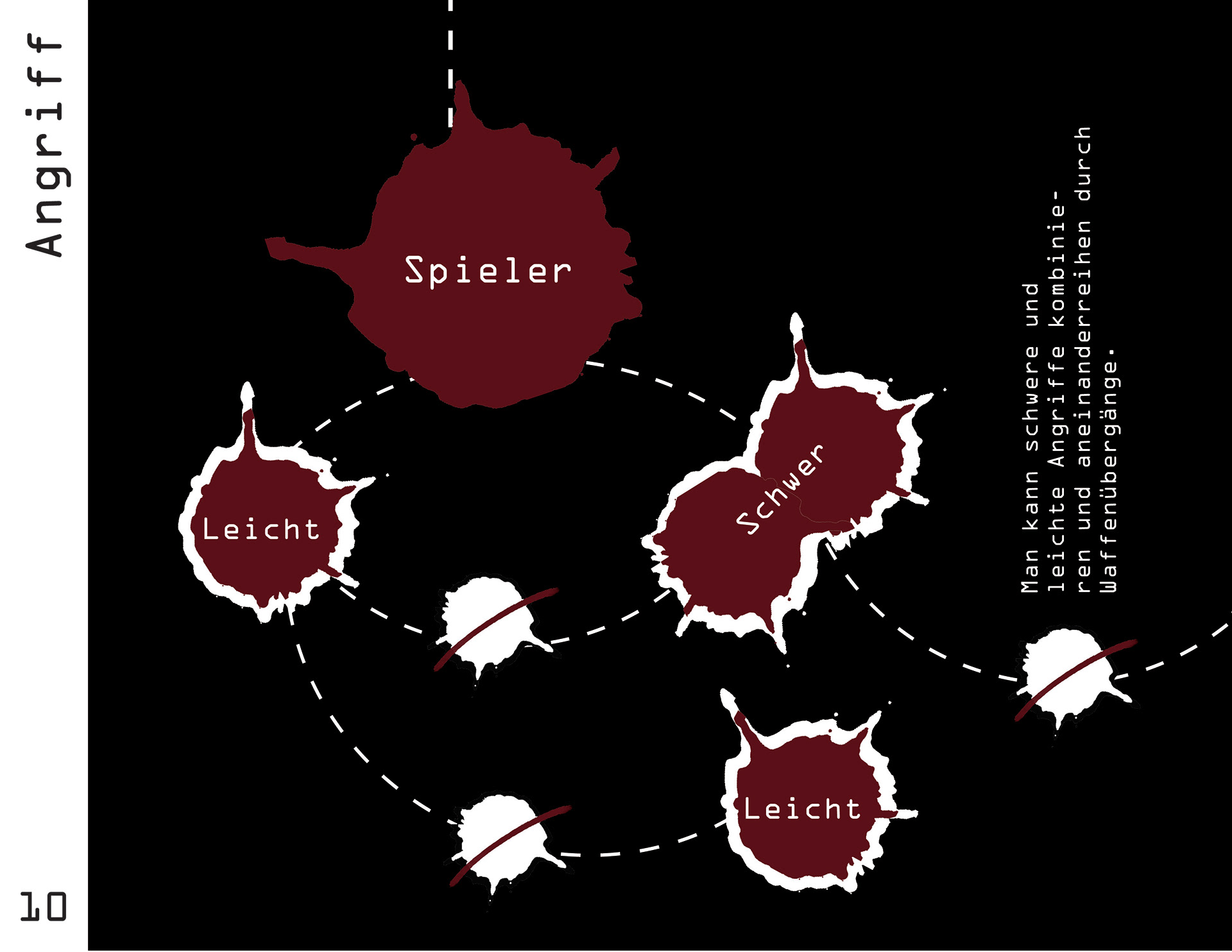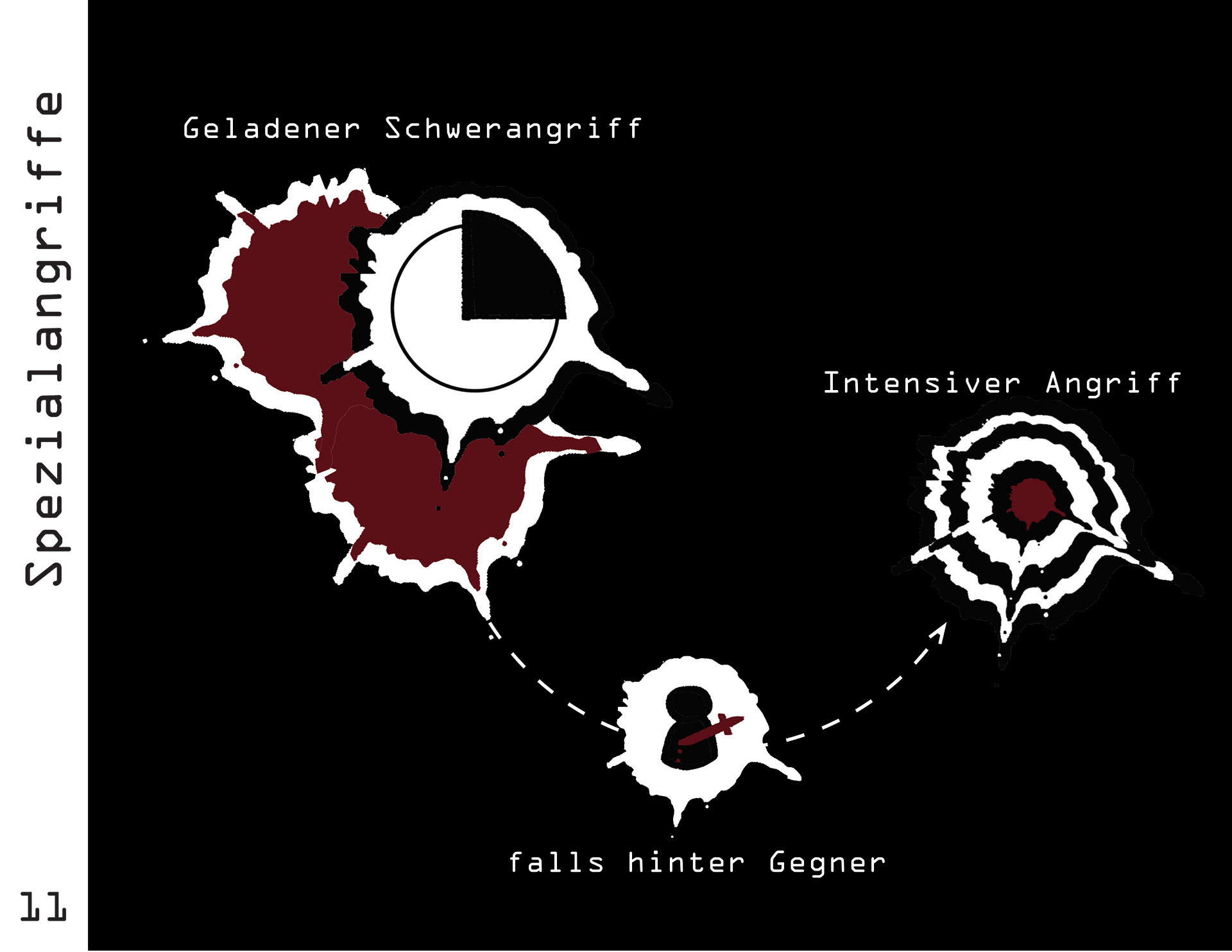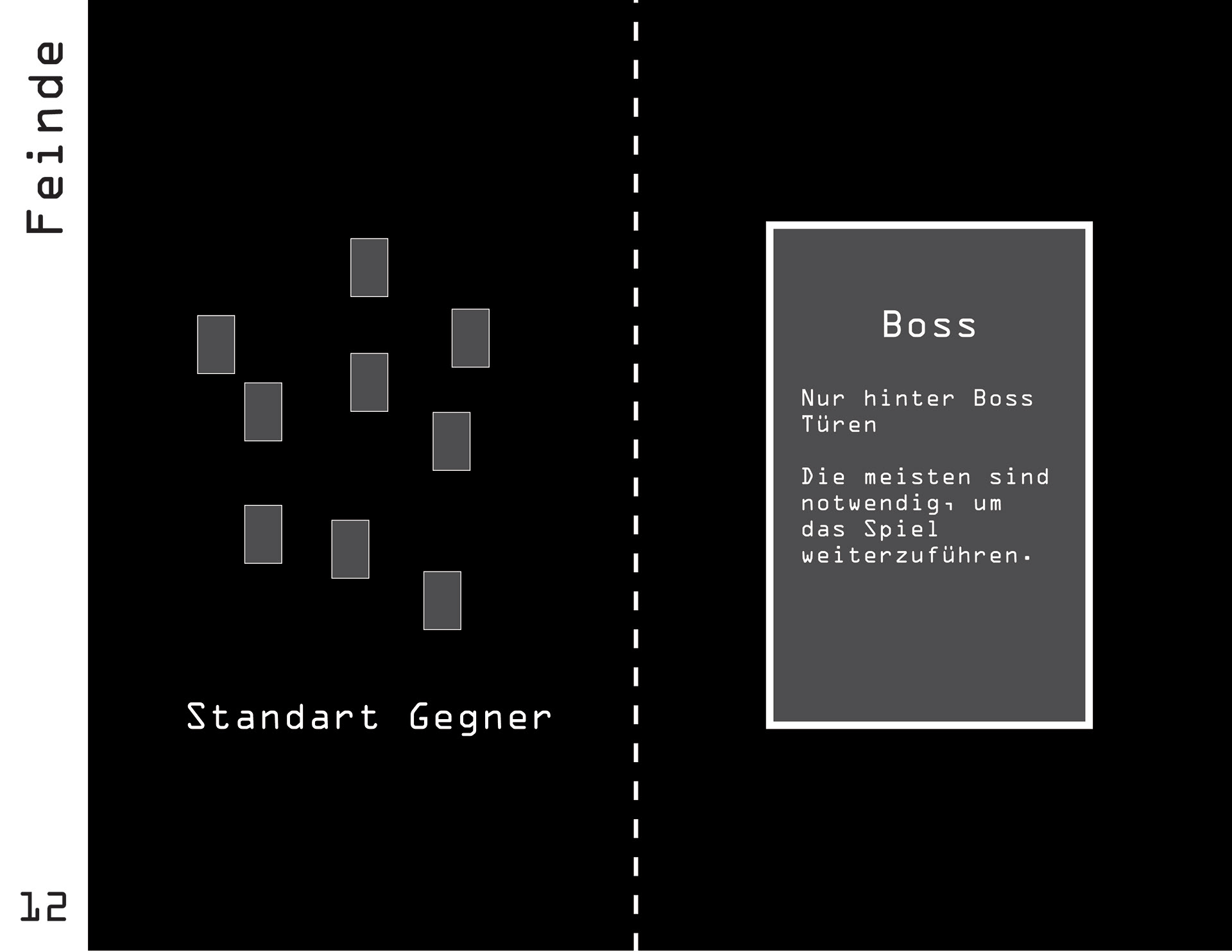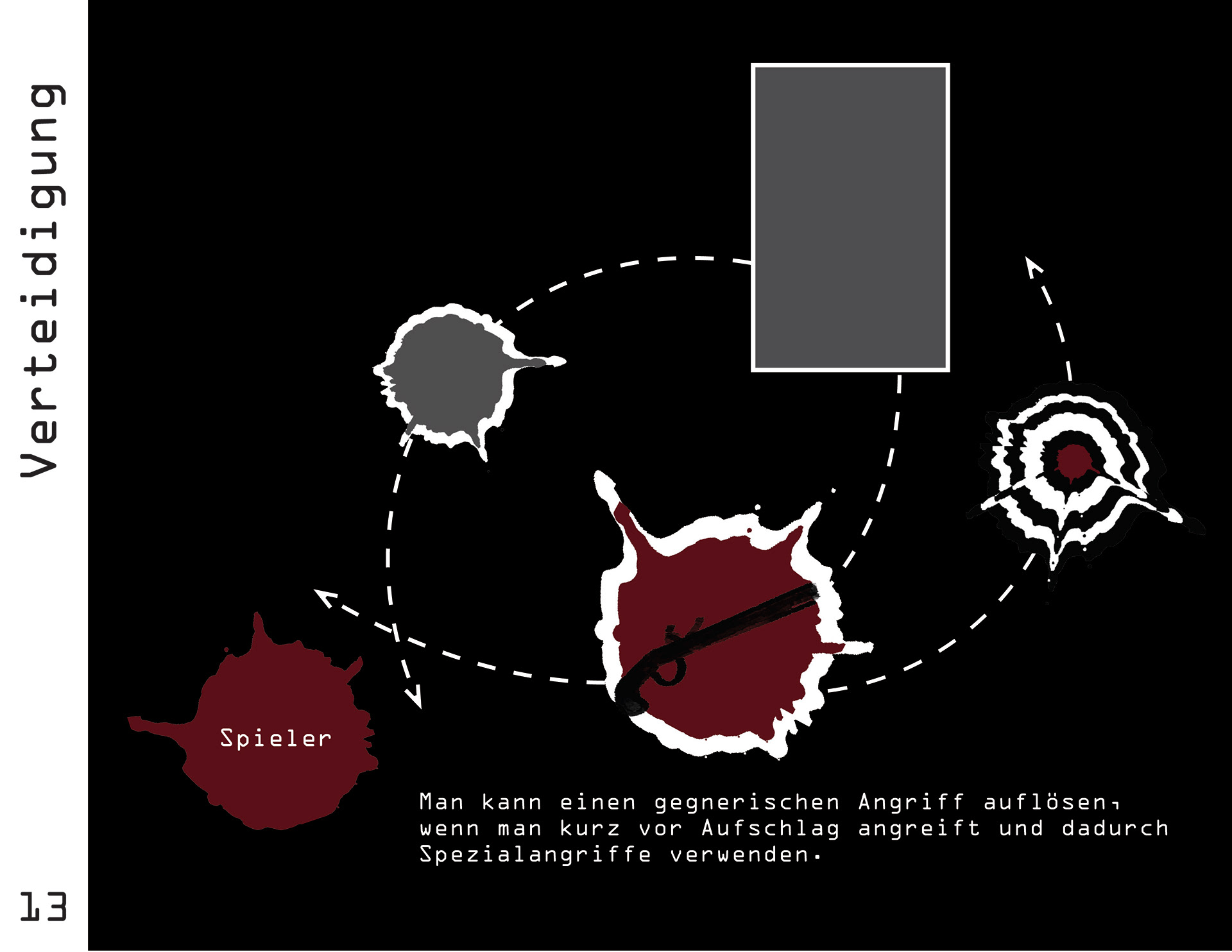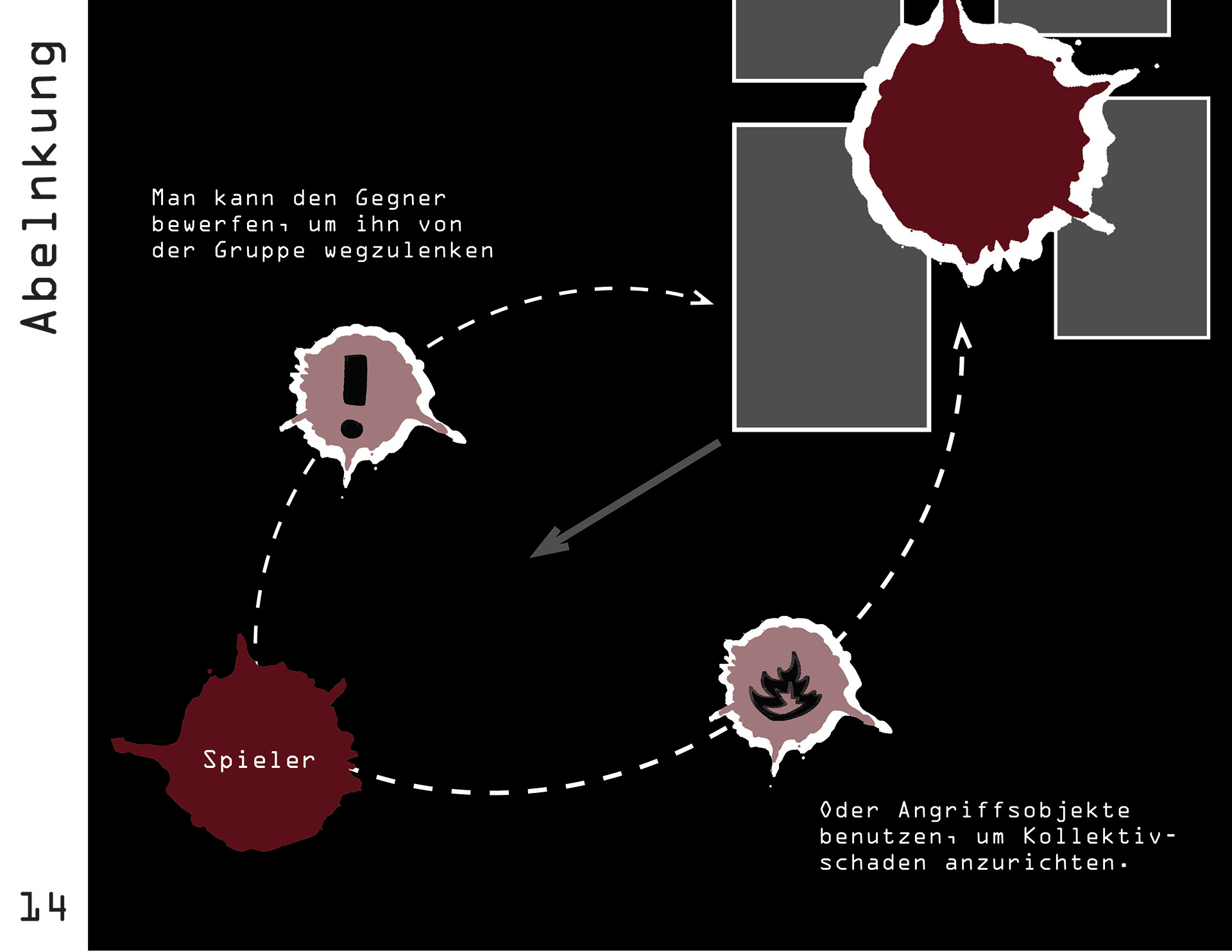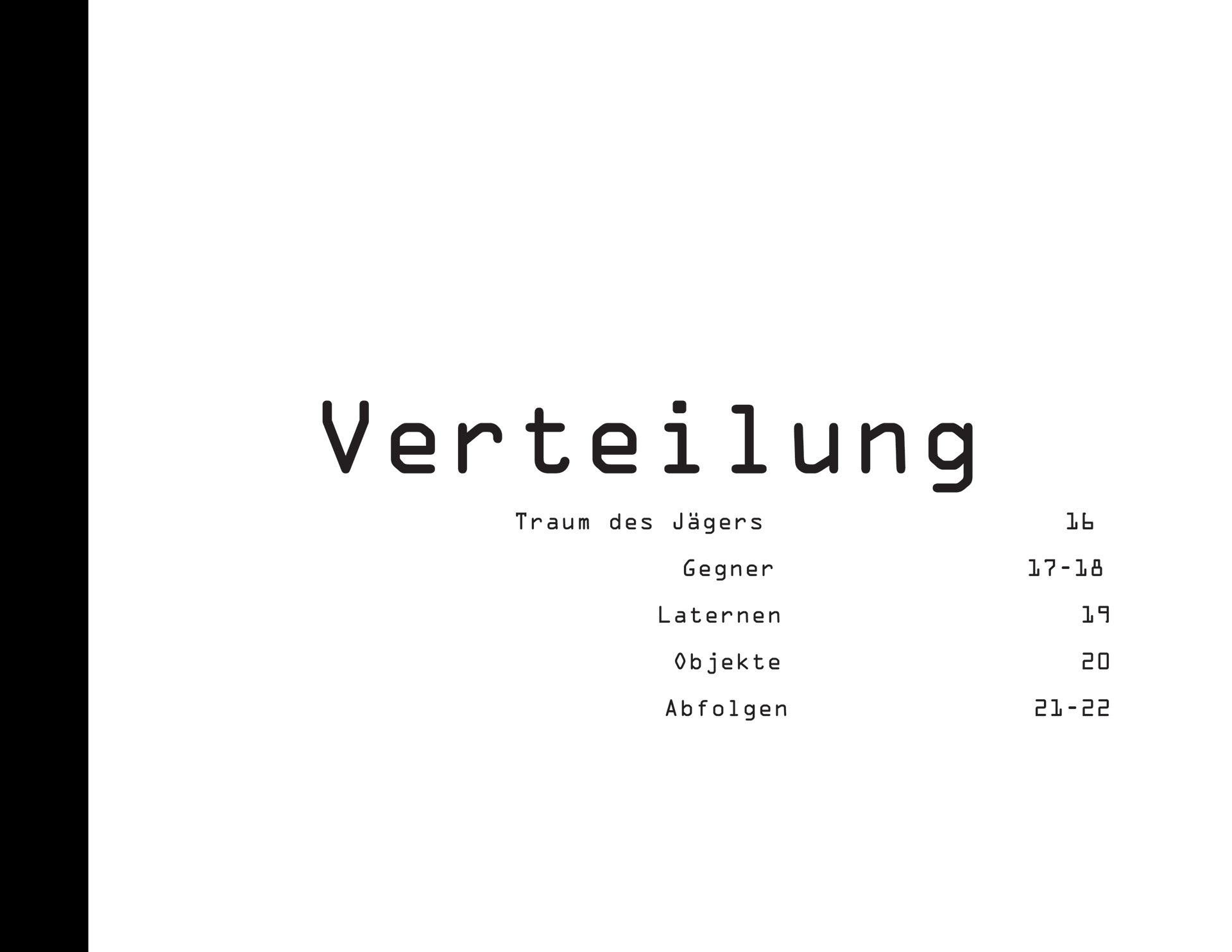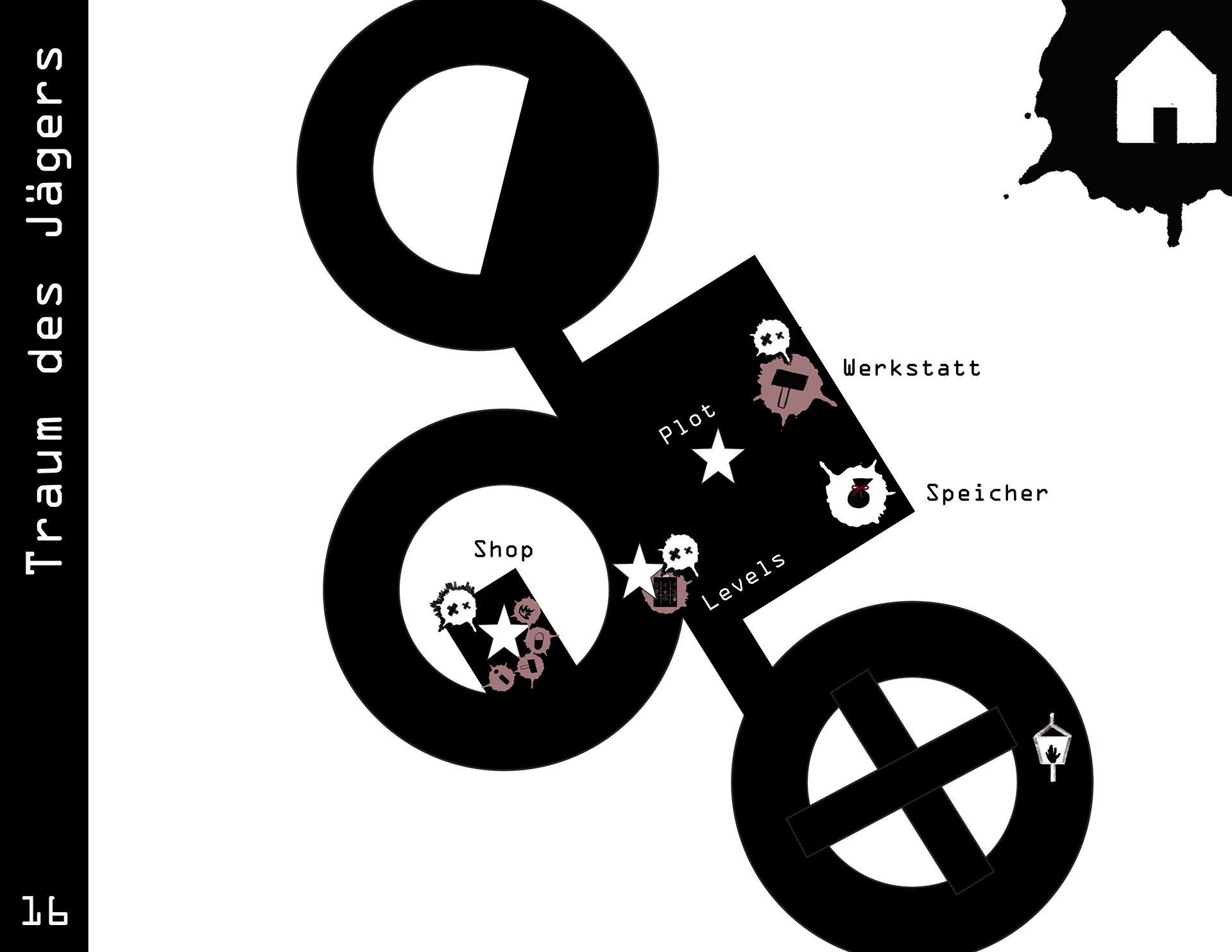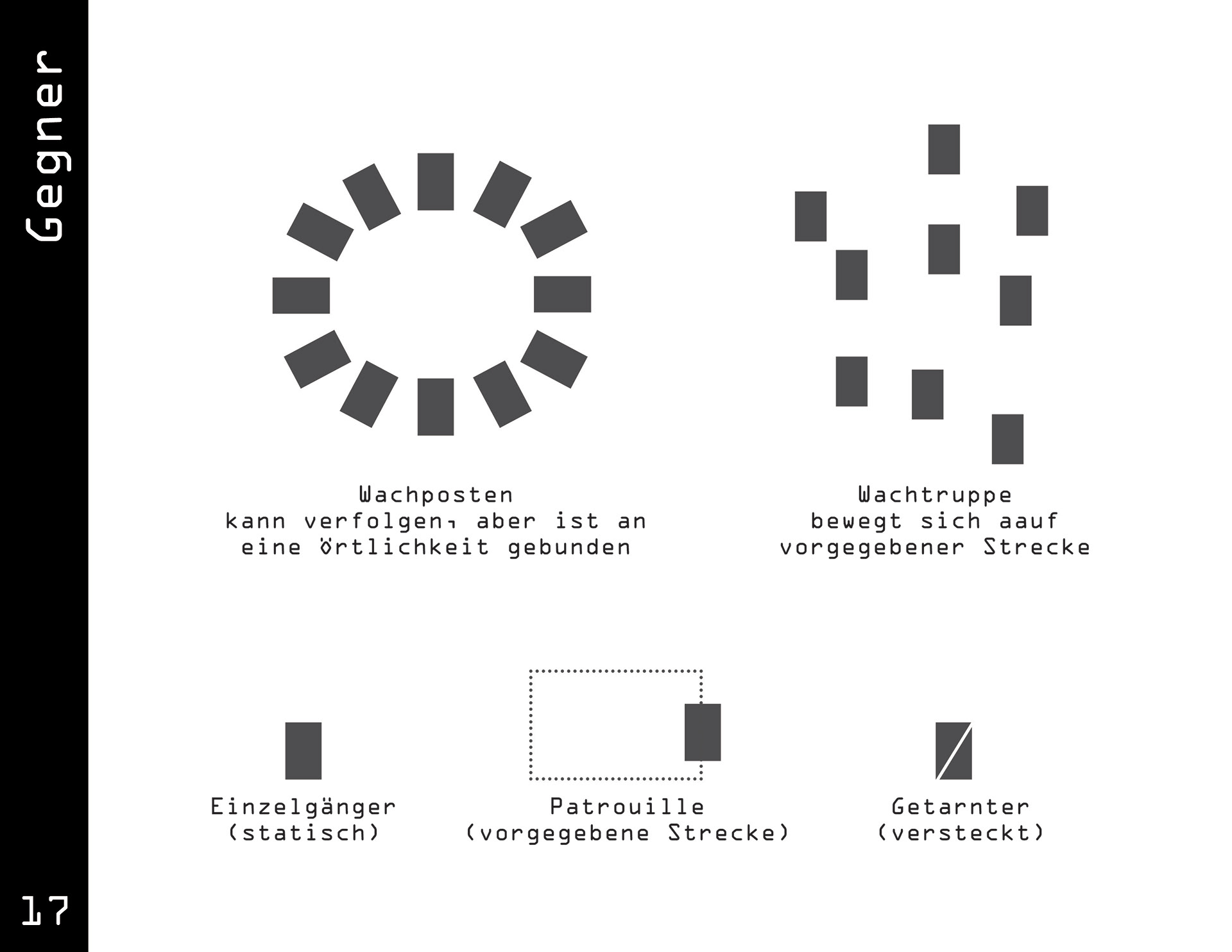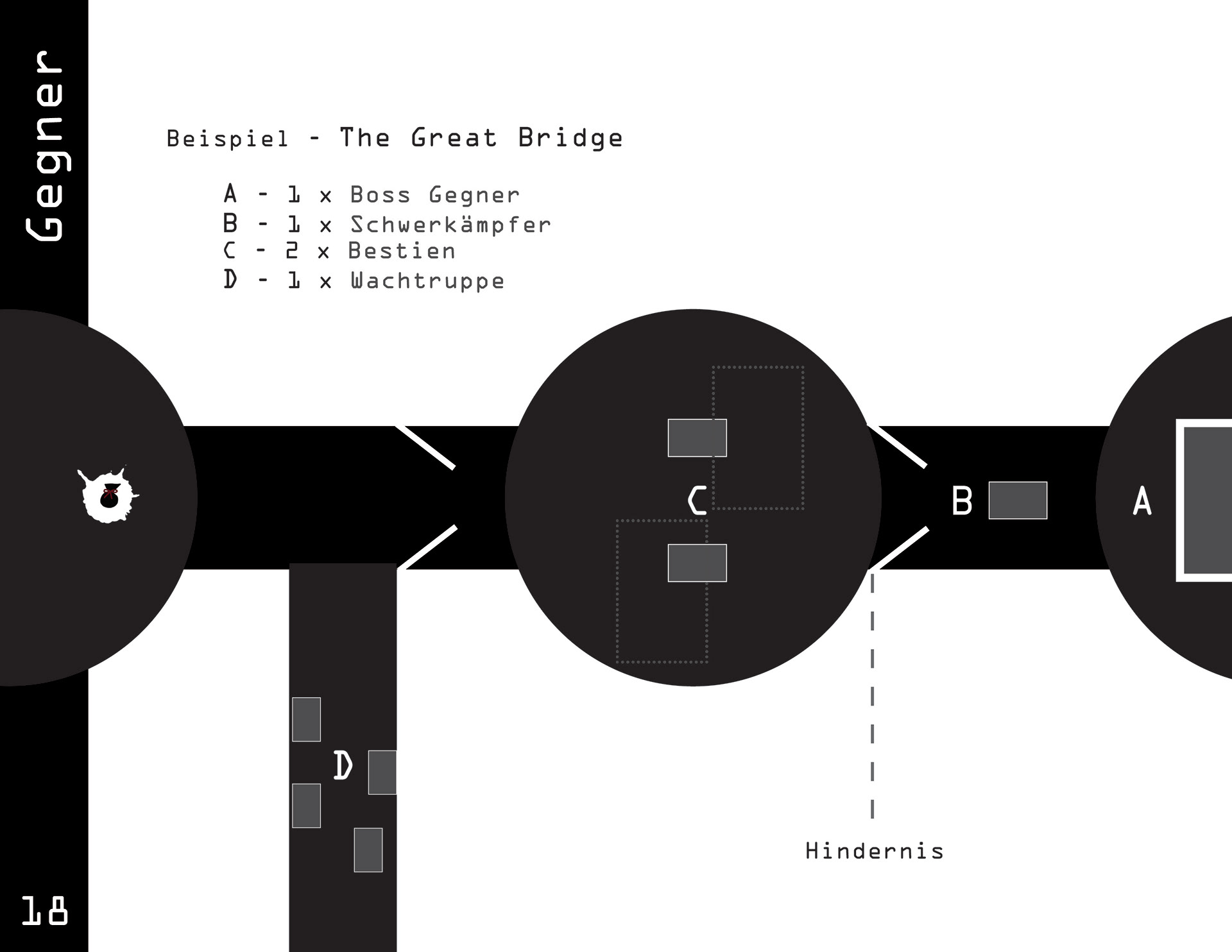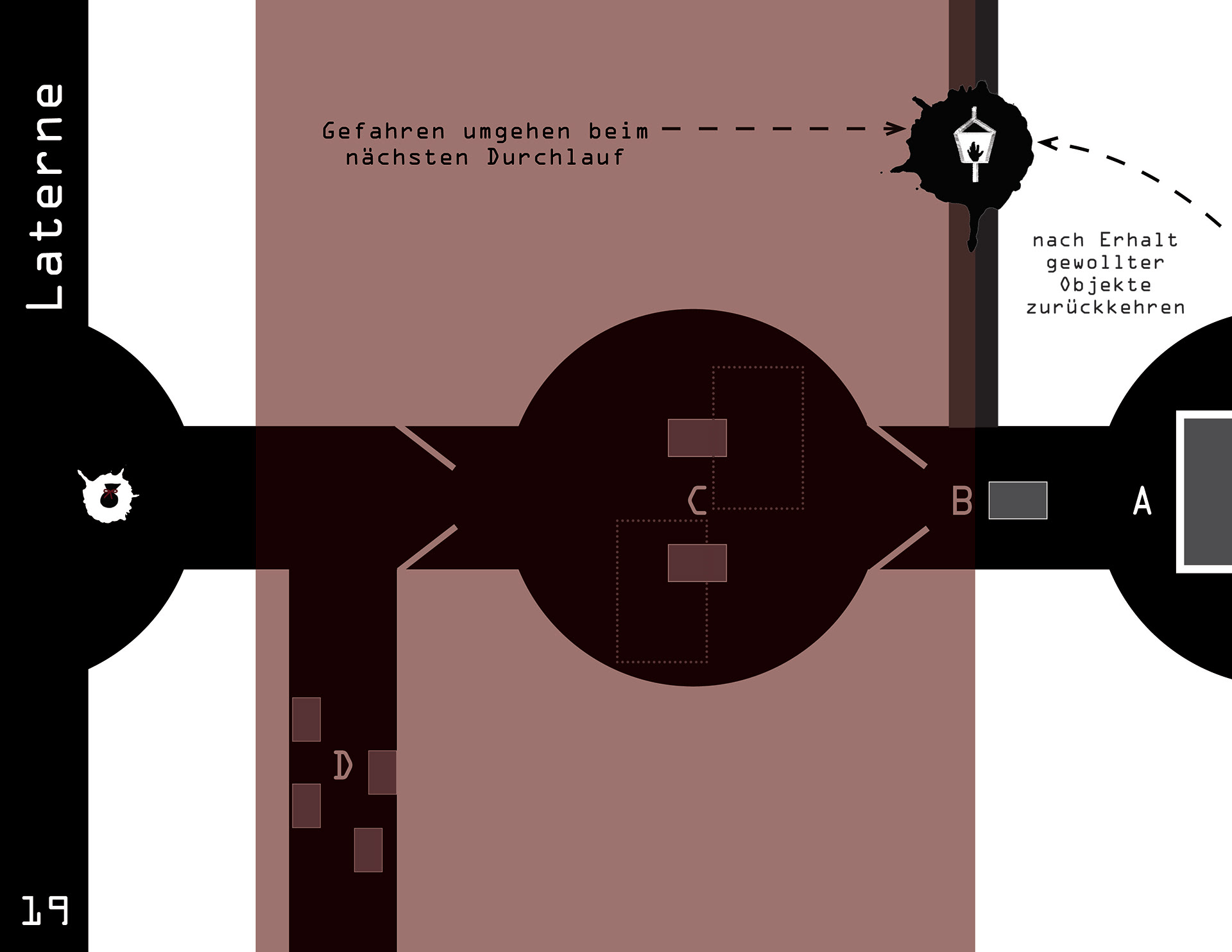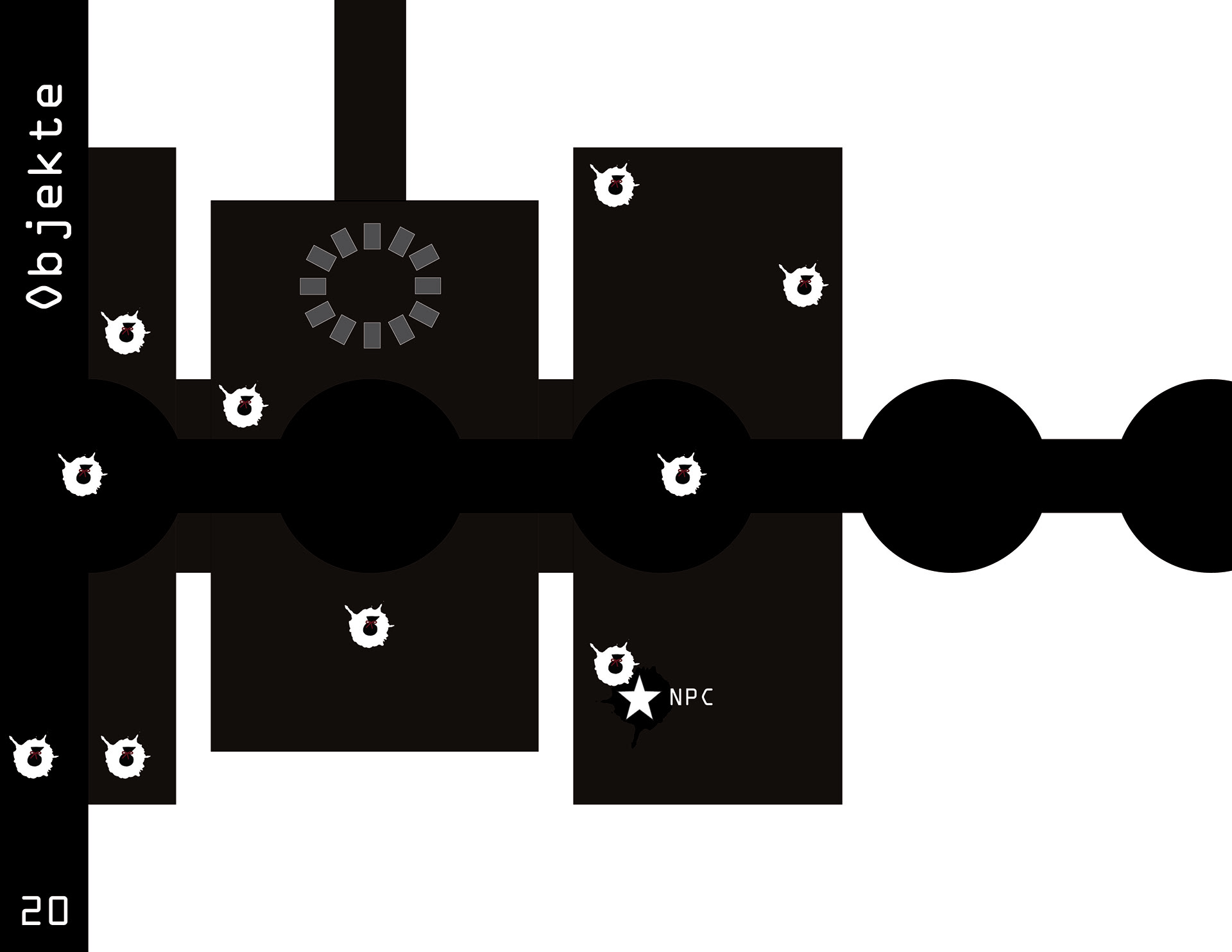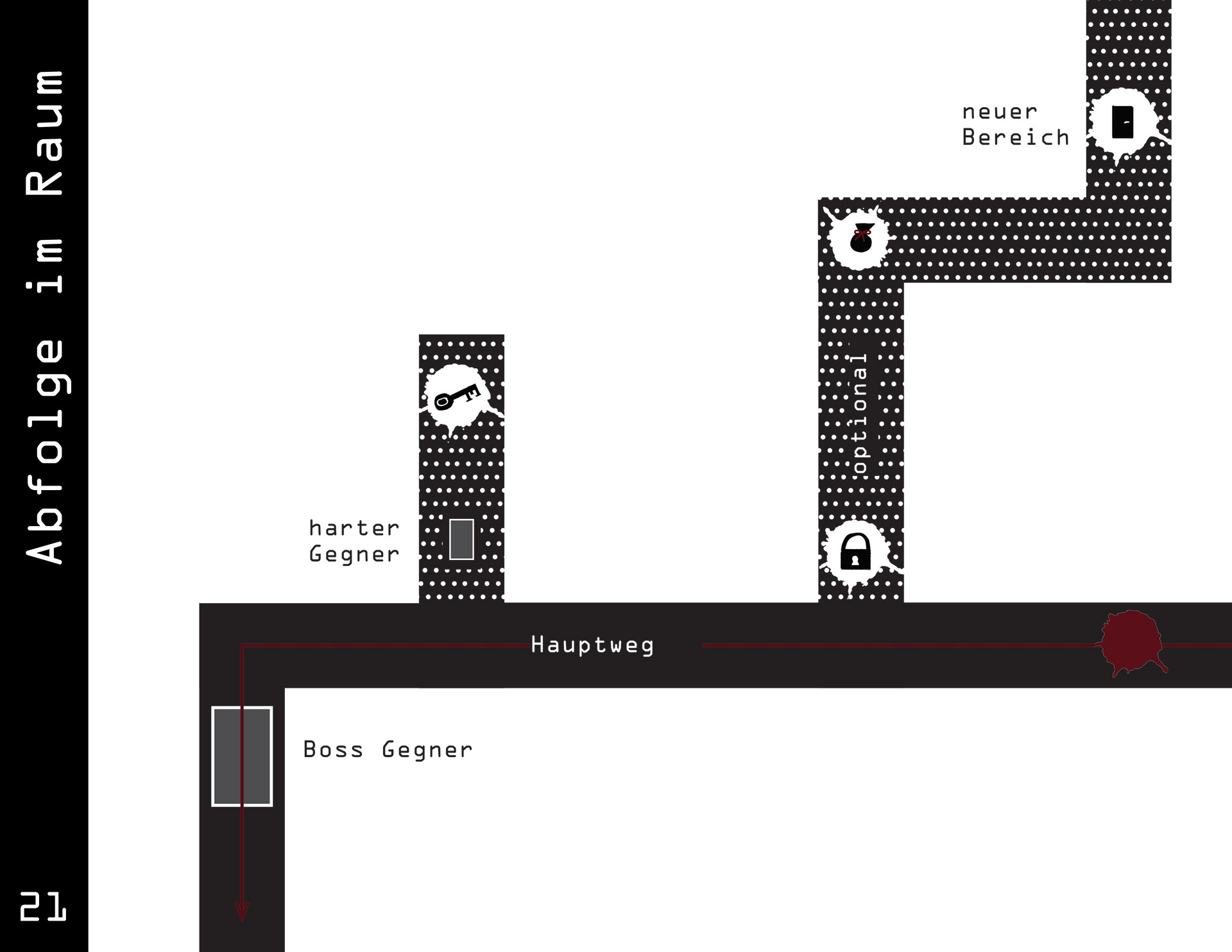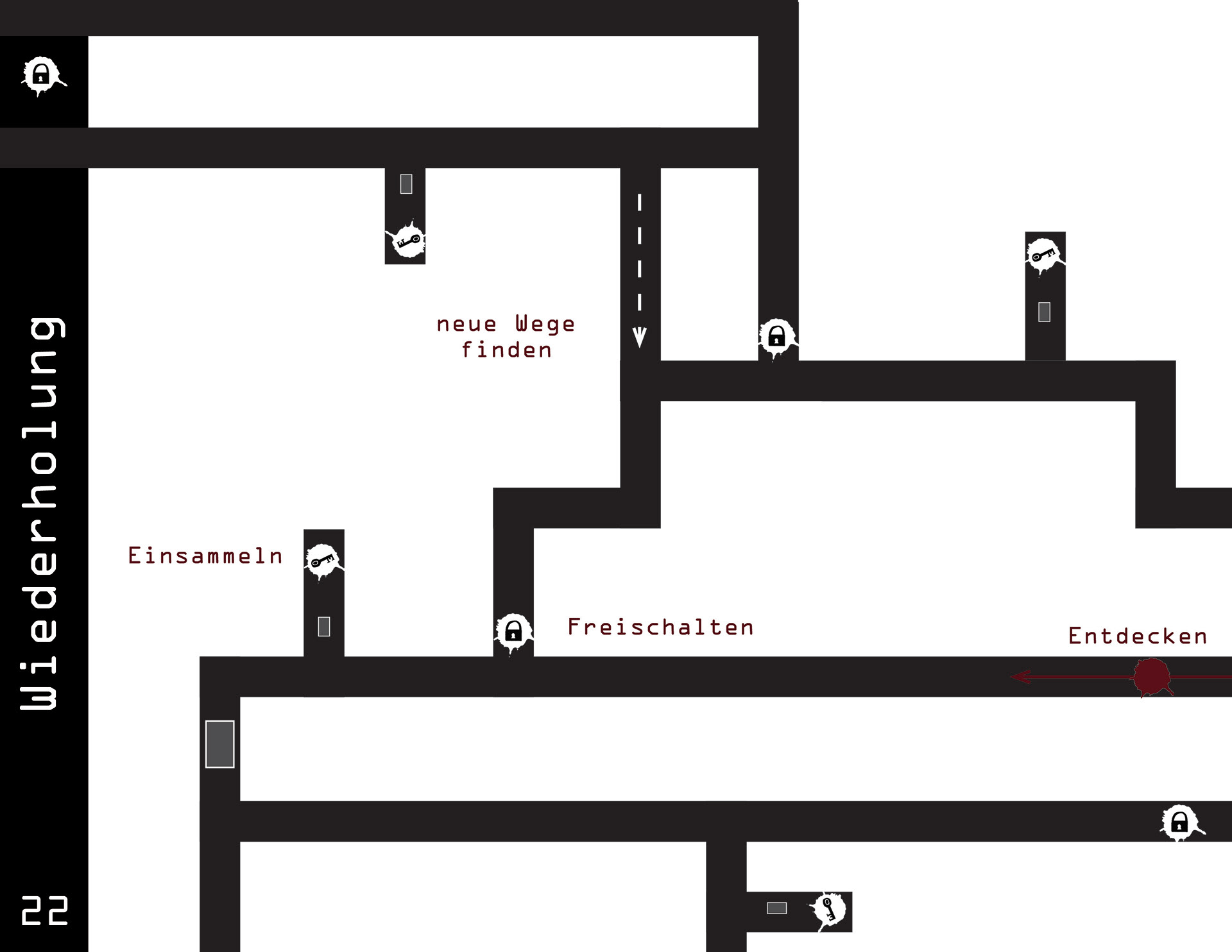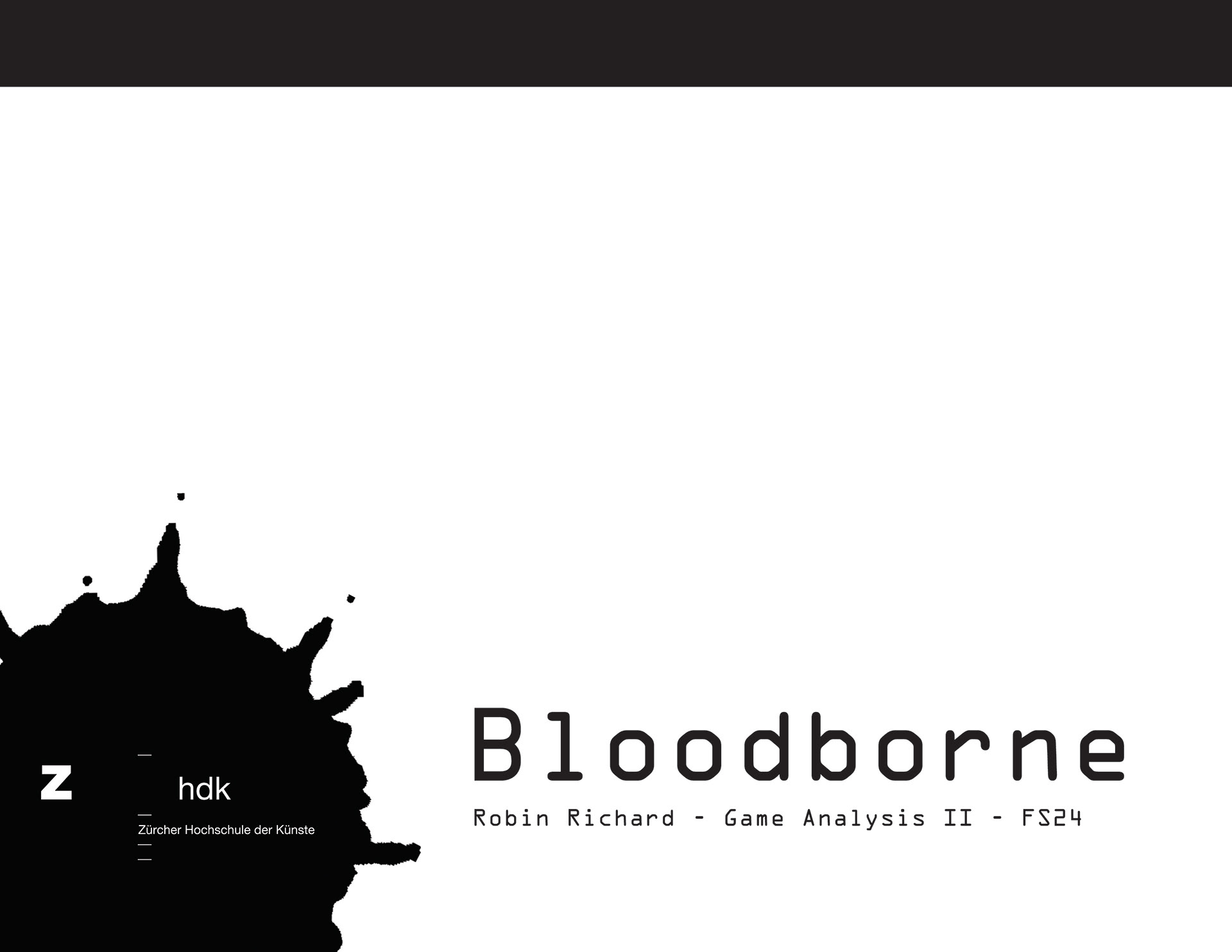
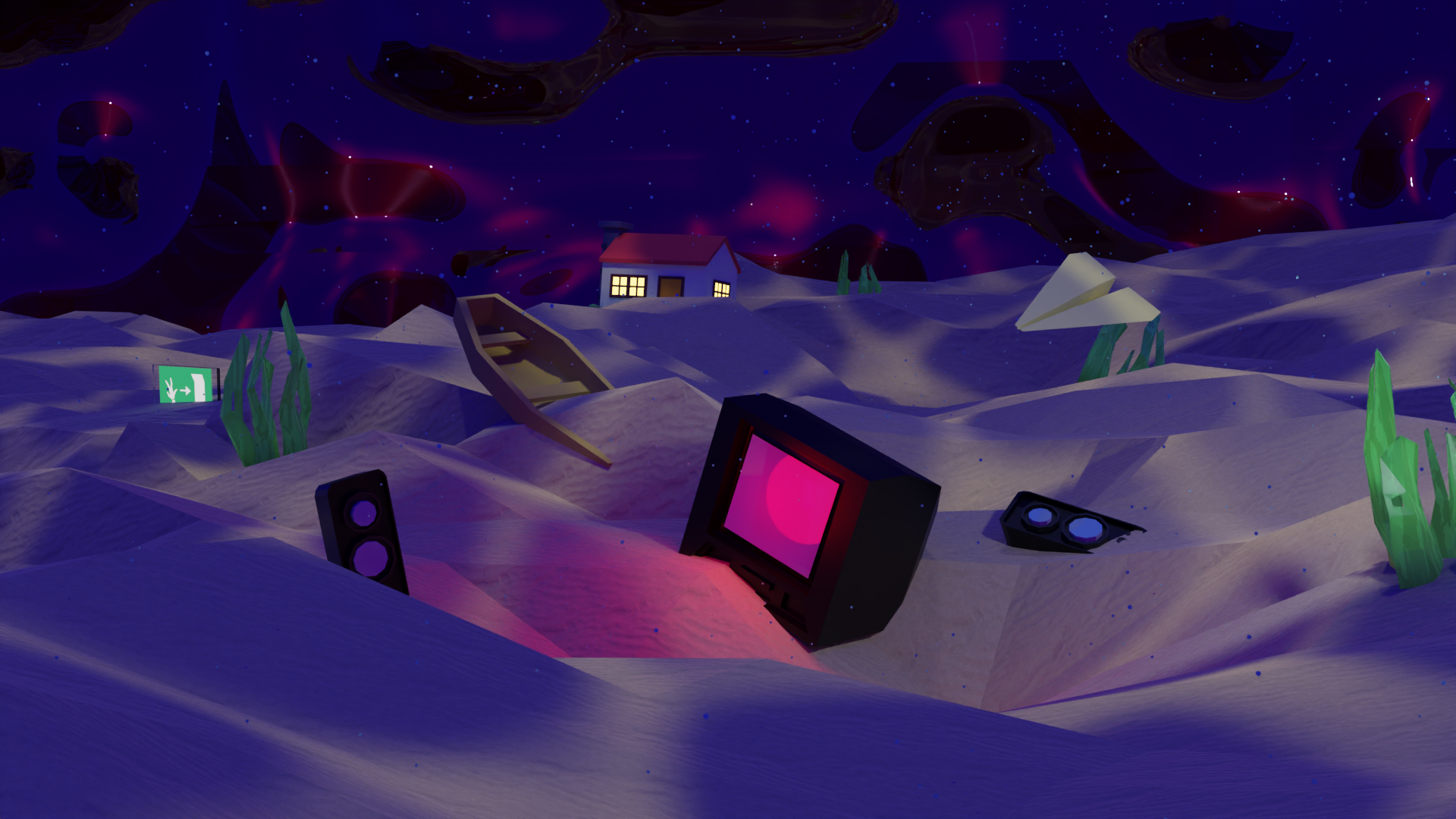
DIGITAL SEDIMENT
Digital sediment – intimacy at a distance
I grew up in a large family and have immigrated to different countries. A recurring theme in these experiences is the hand-me-down. We were never very well off, so we received old clothes from friends and neighbours, spent hours trawling second hand shops and using belongings as long and as often as we can. My first computer was shared, my first game console belonged to my uncle, my barbies went to my sister once I tired of them. It feels quite intimate to receive an item that belonged to someone else. It has a previous history and experiences from the life and emotions of another person.
Another intimate, deeply human ritual of hand-me-downs is your parents saving your baby clothes, blankets, toys, etc. for your own future child. To me, this feels like a smaller scale golden record. With no knowledge of the future, trying to encapsulate a time that the recipient won’t remember or potentially not even want/need. This temporal distance is not a detraction from the act of giving, it’s the core of it.
I’m currently two years older than my mother was when she had me and part of me wonders if I have anything, I want to pass down. A large part of my childhood playground was digital. While immaterial, it was extremely valuable for me to grow up in these spaces, where I learned new ways to express myself and fields of thought that I had never encountered in real life. I worry about what the future holds for the next generations. I worry that they will be denied the freedoms I received. I worry for their safety and creativity.
Worries about the internet age turning into an informational black hole are prevalent. With the rise of AI generated content and increasingly tedious search engines, finding accessible and verifiable information is becoming harder. Certain notions like “If I need to find information, I use reddit” are becoming more popular. Sometimes the internet no longer feels like an endless source of information. Link rot is another pervasive problem. Websites can be extremely short-lived, lasting only days. Digital articles and papers suffer from this to the extent that certain pages become illegible as well as masses of information, art and human experience being scrubbed from the internet. Internet archives like the wayback machine or the library of congress aim to prevent this, but the sheer mass of websites that have faded silently is too large to preserve.
I’ve always had a very hard time letting things go. I have my own section of the basement designated for my “memory boxes”, that I’ve been cultivating for years. Ticket stubs, postcards, diaries, confetti, stuffed toys, keepsakes. I don’t want to forget. I don’t want the distance to grow. I try to be very selective and discerning with my memory archive. I can’t carry everything with me, but I want to save bits and pieces where I can.
If there’s something I want to pass down, it’s the feelings of understanding and belonging that I received from finding my interests and communities. I want to assemble my own digital archive. That’s what digital sediment means to me – an archive of my experiences crafted for those who will no longer see it, a necessary
cycle of change, sitting at the bottom of the ocean, preparing the ground for those who come next.
cycle of change, sitting at the bottom of the ocean, preparing the ground for those who come next.
------------------------------------------------------------------
GAME ANALYSIS - BLOODBORNE
